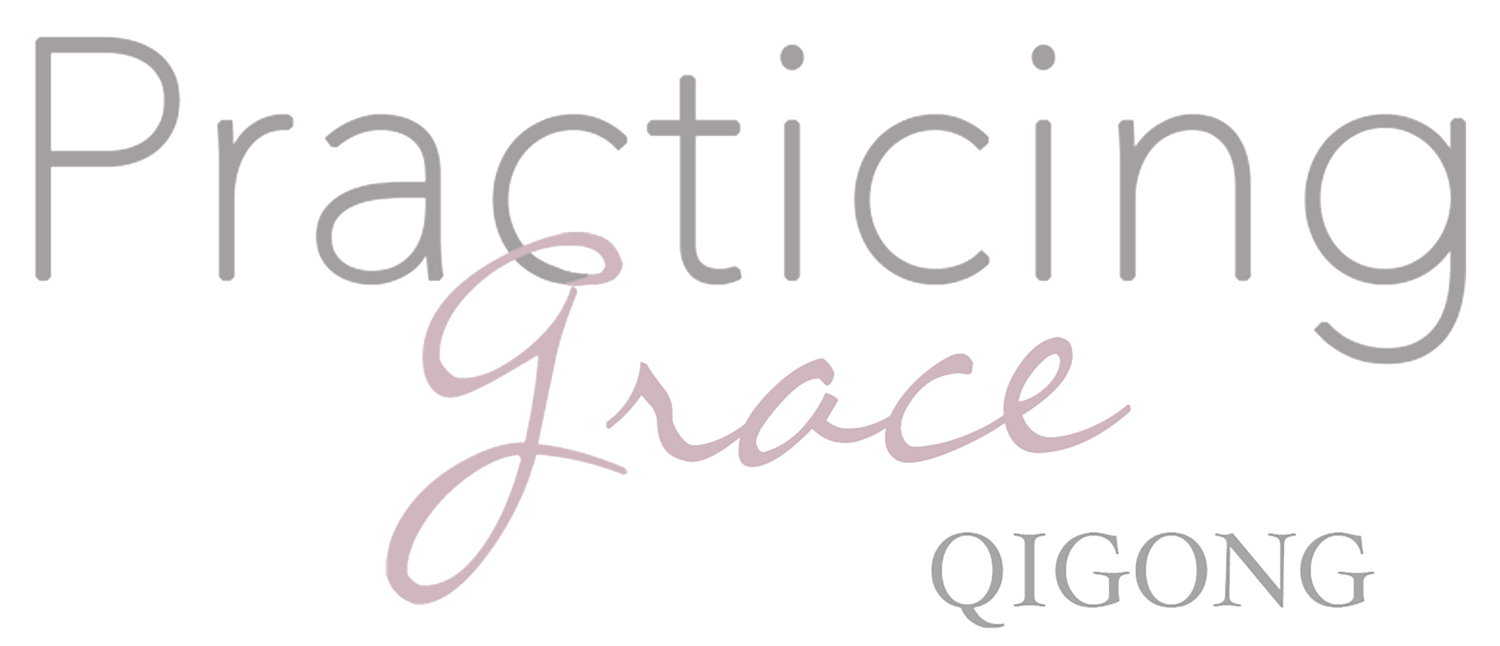Fulfill me, make me happy, make me feel safe, tell me who I am. The world cannot give you those things, and when you no longer have such expectations, all self created suffering comes to an end.
~ Eckhart Tolle
Dearest Wise Women,
Oh my dear friends, I am not sure about you, but last week’s circle, “Let Go of Expectations, Let in Creation” opened up a pretty big can of worms for me.
What really struck me is how much of my life I have spent operating in response to what others expect of me. Like so many of us, I have mistakenly equated my ability to fulfill other’s expectations with my worthiness to receive love. An innocent response to an outer reality that so often tells us, “this is what you need to do (or not do) to be safe, secure, loved and accepted…and this is what you must do (or not do) to avoid criticism, rejection, abandonment or punishment.”
I know this may sound harsh, but take a moment to consider where this may be true for you.
With compassion, ask your inner child…she will have the answers.
I asked my inner child and all I could hear was “see me, listen to me and love me”.
True Self-compassion…could this be the (only) way to unravel the messy knot of weighted expectations and dishonoured boundaries?
Let us explore, let us love…together,
Patti
p.s. In my research I curiously discovered that self-loathing appears to be a uniquely western phenomenon. The following is an excerpt from a conversation between Prema Chodron and Jack Kornfield.
Michael Krasny: Wasn’t the Dalai Lama quite interested to learn how much of an obstacle this kind of self-loathing is for Western students?
Jack Kornfield: Yes, Pema and I were at a conference for Western Buddhist teachers with His Holiness in Dharamsala, and Sharon Salzberg started talking about this phenomenon of self-hatred. And he kept asking the translator to clarify. He simply didn’t understand what Sharon was talking about. Then, he asked not only whether we knew what she was talking about but also if we ourselves experienced this self-hatred. And almost all the Buddhist teachers there, representing an entire generation, said yes.
It is definitely something I’ve wrestled with in my spiritual life. It’s so painful, and yet it is a place where a tremendous turning can happen. One of the instructions I’ve loved offering to people over the past decade or two is to suggest that they do a year of loving-kindness for themselves as a practice. All of a sudden, people find out how difficult it is to do that. People feel unworthy and that they shouldn’t be directing such kindness toward themselves. They cannot wish themselves happiness. So, initially, it’s very painful. But after a while it does start to change people, and it also starts to change their relationship to their lovers, their family, and their community. We do have this capacity to care for ourselves and we are worthy of it, and when we discover that, it immediately translates into generosity toward others.
Pema Chödrön: I found it quite interesting that all these teachers said it was the most prevalent thing they encountered teaching in the West, which led the Dalai Lama to conclude that there really is a basic difference between Tibetans and Western people. And now he continually says that there can’t really be compassion for other people without self-compassion.


